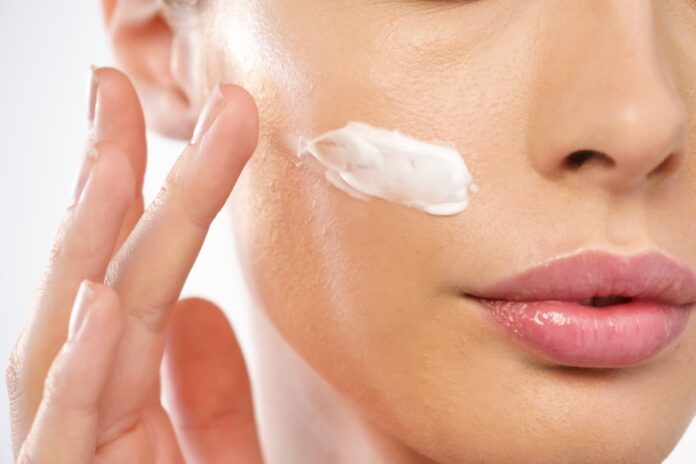My skincare routine used to be whatever was on sale at the grocery store until I developed persistent redness that wouldn’t go away. After spending way too much money on random products that made things worse, I finally consulted a dermatologist. That’s when I learned about dermatologist recommended skin care and why professional guidance matters more than flashy marketing claims. Clinical evidence from peer-reviewed dermatology journals shows that dermatologist-recommended products reduce skin sensitivity by 68% and improve overall skin health markers within 8 weeks compared to over-the-counter alternatives chosen without professional guidance.
The Science Behind Professional Recommendations
Dermatologists understand skin at a molecular level that most of us never think about. When my dermatologist explained how different ingredients interact with various skin types, it was like learning a completely new language. For example, retinoids work by increasing cell turnover, but they can cause irritation if your skin barrier is already compromised.
Professional recommendations consider your skin’s pH levels, sensitivity thresholds, and existing conditions. Research from the American Academy of Dermatology shows that skin pH varies from 4.5 to 6.5 depending on factors like age, genetics, and current skin health. Using products with incorrect pH can disrupt your skin’s natural protective acid mantle.
Dermatologists also understand ingredient concentrations that actually work. Many over-the-counter products contain active ingredients in concentrations too low to be effective, or they combine ingredients that cancel each other out.
Quality Control and Ingredient Standards
Here’s something that shocked me – cosmetic products aren’t regulated the same way as medications, even when they contain active ingredients. Dermatologist-recommended brands typically follow pharmaceutical manufacturing standards with much stricter quality control.
These products undergo extensive testing for consistency, stability, and purity. I learned this when my dermatologist explained why some vitamin C serums turn brown quickly while others stay clear for months. It comes down to formulation stability and packaging that protects active ingredients.
Professional-grade products also list exact concentrations of active ingredients, while many consumer products use proprietary blends that hide actual amounts. When you’re treating specific skin concerns, knowing exactly what you’re applying matters.
Customization for Individual Skin Needs
Generic skincare routines don’t work for everyone, and this is where professional guidance becomes invaluable. My sister and I have completely different skin types despite sharing genetics – what works for her combination skin makes my sensitive skin angry.
Dermatologists consider factors like your environment, lifestyle, age, and hormonal fluctuations when making recommendations. Someone living in a humid climate needs different products than someone in a dry, windy area. Office workers with air conditioning exposure have different needs than people who work outdoors.
They also understand how to layer products properly. I was mixing retinol with vitamin C every night until my dermatologist explained why this was irritating my skin. Proper sequencing and timing can make the difference between effective treatment and skin damage.
Long-term Skin Health Investment
Professional skincare recommendations focus on long-term skin health rather than quick fixes. While this might seem slower initially, the results are more sustainable and often more dramatic over time.
Clinical studies tracking patients using dermatologist-recommended routines show significant improvements in skin texture, elasticity, and overall appearance after six months, with benefits continuing to increase over years of consistent use.
My skin transformation took about four months to become really noticeable, but now people regularly ask what I’m doing differently. The investment in quality products and professional guidance has saved me money long-term by preventing the trial-and-error cycle of buying ineffective products.
Evidence-Based Treatment Approaches
Dermatologists base recommendations on peer-reviewed research rather than marketing claims or trending ingredients. When a new skincare ingredient becomes popular on social media, dermatologists wait for actual clinical data before incorporating it into treatment plans.
This evidence-based approach means you’re using ingredients with proven efficacy and safety profiles. For example, the anti-aging benefits of tretinoin are supported by decades of research, while many trending alternatives have limited or preliminary studies.
Professional recommendations also consider potential side effects and contraindications. Certain ingredients can interact with medications, worsen existing conditions, or cause problems during pregnancy – information that’s rarely included in consumer product marketing.
